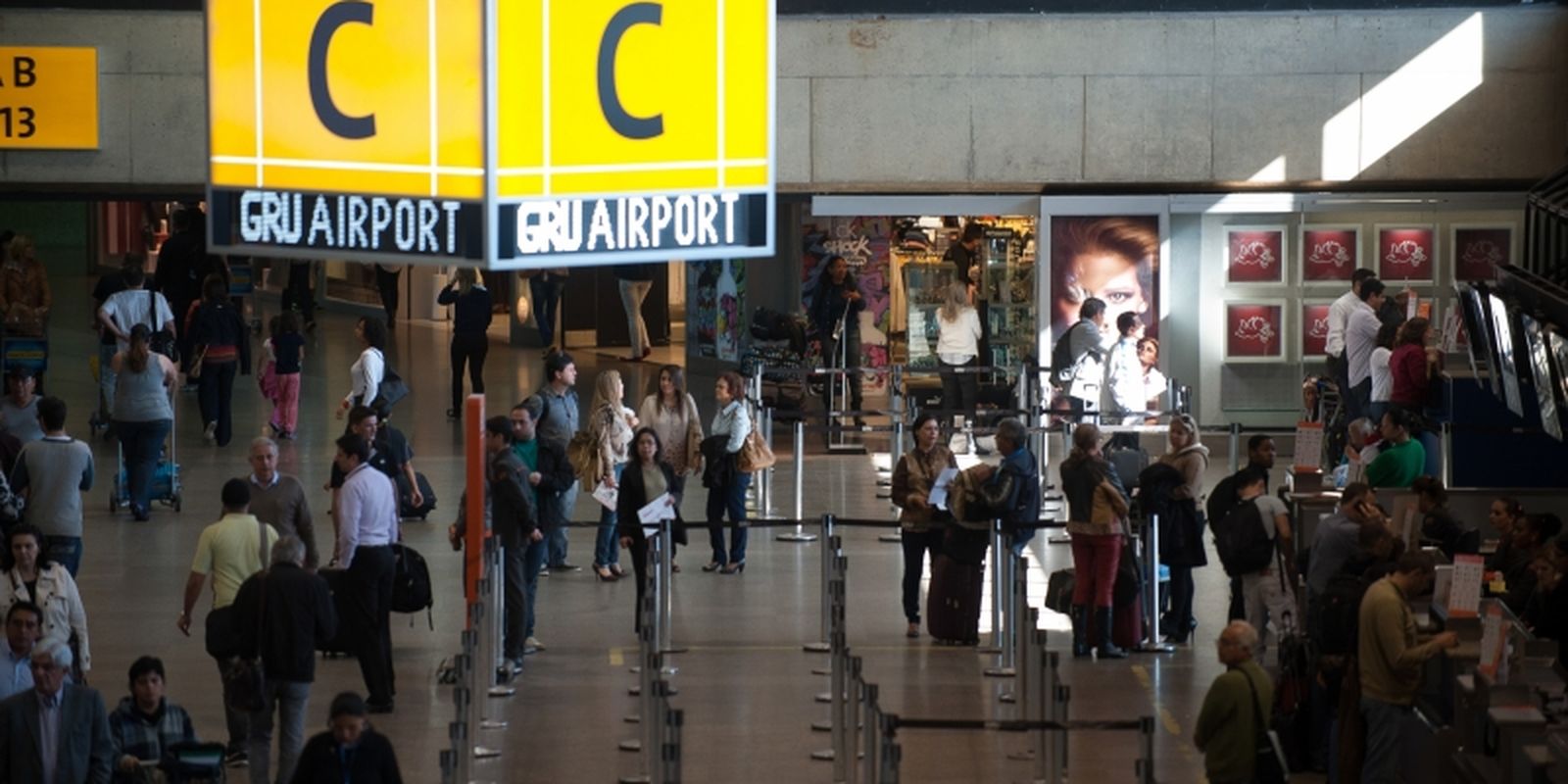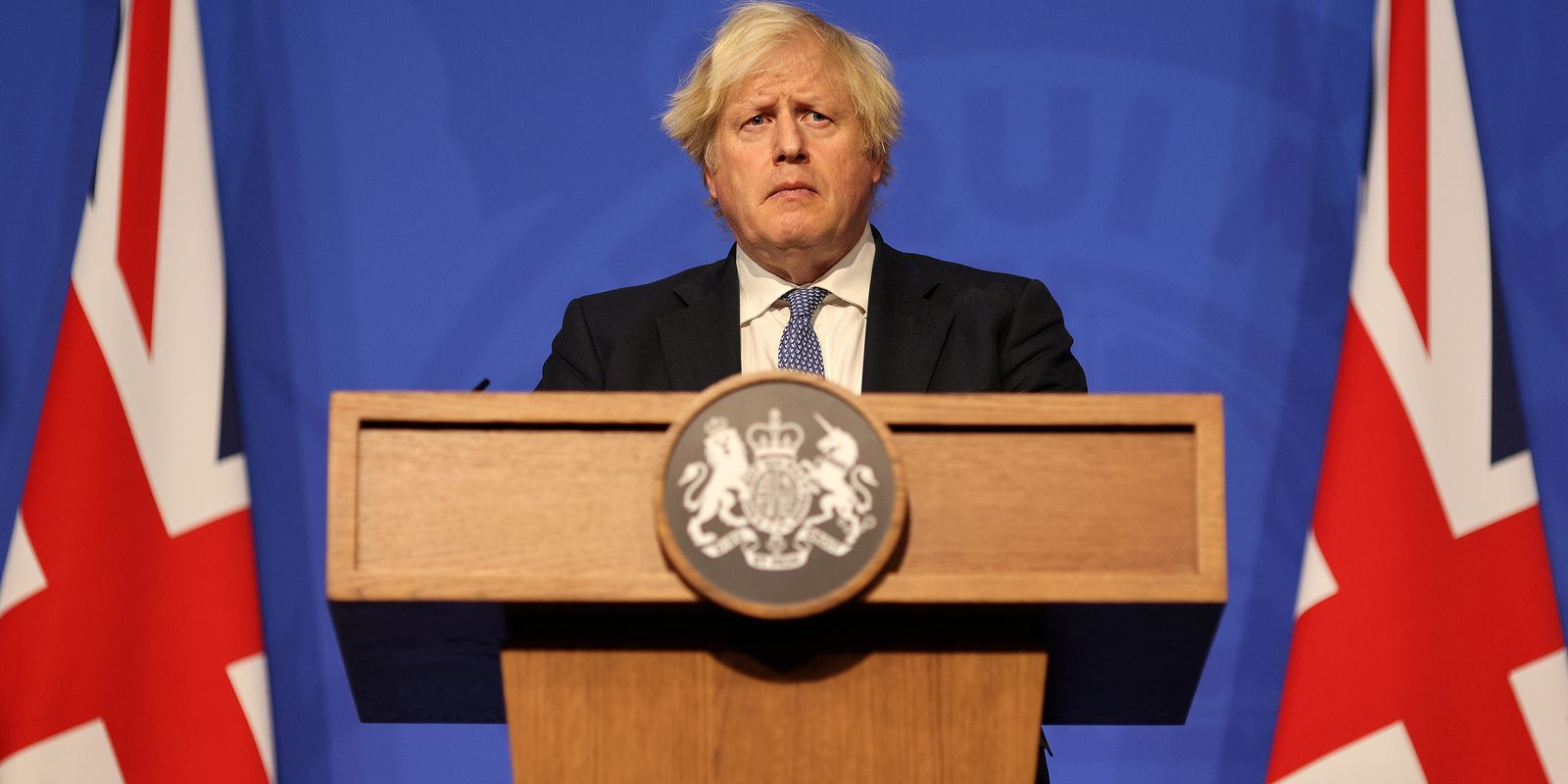The 2022 edition of the Commitment to Reducing Inequality Index, which measures the efforts of different countries and is published every two years, shows “clearly that most governments have not taken concrete, far-reaching measures to mitigate the dangerous increase some inequalities”.
The data indicates that “the poorest and most vulnerable have been the most affected by the disease and its profound economic repercussions”, underlines the NGO in a press release.
“Despite being the worst health emergency the world has seen in a century, half of low- and middle-income countries have cut spending on health during the pandemic,” and 70% on education, according to Oxfam.
Furthermore, “despite huge budget deficits and huge increases in the wealth of the wealthiest people and businesses during the pandemic, 143 of 161 countries did not raise taxes on the wealthiest people and 11 countries even reduced the taxes of the most advantaged,” he added. adds.
Norway appears with the “best performer” and leads the ranking, followed by Germany, Australia, Belgium and Canada.
The best-ranked countries are all developed countries, which have more resources to devote to public policies to reduce inequalities, argues Oxfam.
On the other hand, the “student poor” are low-income countries largely affected by armed conflict and political instability, such as the South Sudanlast in the standings or Nigeriapenultimate.
“Among the countries that are progressing, there is a low-income country, the Tajikistanthanks to a sharp increase in income tax collection, and four middle-income countries”, in particular Moldovadetails Oxfam.
Among the countries showing the greatest deterioration are the Seychelles and the territory of hong kong in China.
“Eight of the ten most degraded countries have suffered a collapse in tax revenues, mainly due to the pandemic”, underlines the NGO.
Oxfam warns that a further 263 million people will have fallen into extreme poverty by the end of the year.
This body calls on governments to act urgently or risk losing a decade of efforts to close the wealth gap.
The NGO recommends in particular that governments “increase social spending, not reduce it”, “protect the rights of workers and provide them with salaries allowing them to live” above the poverty line.
“More than anything, they must significantly increase the taxes paid by the richest”, to companies and individuals, concludes the organization.

“Freelance communicator. Hardcore web practitioner. Entrepreneur. Total student. Beer ninja.”







